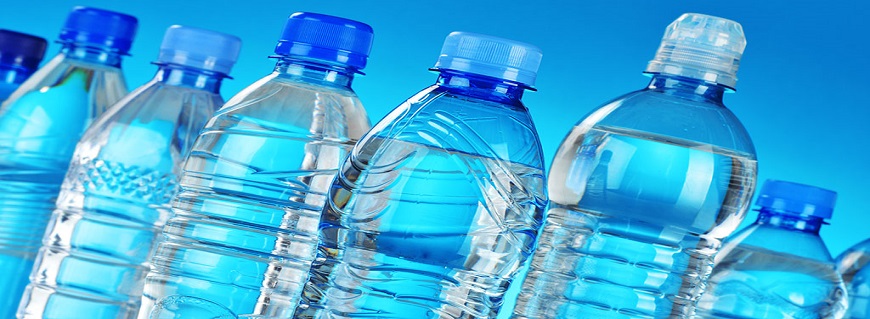
Convenient plastic products can be harmful to your family's health.
If you are a parent of a young child or are expecting a baby, then you need to know about the dangers of “everywhere chemicals.”
Bisphenol-A (commonly known as BPA) and phthalates, which are called “everywhere chemicals” because they are so common, are used in making countless plastic products that we see and use everyday. This includes children’s items such as baby bottles, sippy cups, pacifiers and teethers.
BPA is used in hard, clear plastic, like baby bottles. Phthalates help make plastic, like pacifiers, flexible. It is believed that both BPA and phthalates can leach from plastic into food, liquid, and directly into the mouths of children while sucking on pacifiers or teethers.
Growing scientific evidence suggests BPA and phthalates may be associated with a variety of health issues, including hormonal and developmental problems. Infants and young children, who are vulnerable during early developmental years, are likely to be at potentially most risk from exposure to “everywhere chemicals” such as BPA and phthalates.
What is Bisphenol-A (BPA)?
BPA is used to make polycarbonate plastic, a shatter-resistant and clear material used in products ranging from plastic bottles and eyeglasses to sports safety equipment. BPA is also found in baby bottles, sippy cups, teethers, water bottles, food storage containers, and the lining of many food and beverage cans.
What are Phthalates?
Pronounced “THAL-ates,” phthalates make plastic soft and flexible, and are often found in car interiors, shower curtains, deodorant, cosmetics, and medical devices. Phthalates can also be found in children’s products such as toys, rattles, teethers, rubber ducks, bath books, baby shampoo, soap and lotion.
Why be worried about BPA and Phthalates?
BPA can leach from plastic containers into foods and beverages, especially when they are heated, or used for long periods of time. Also, when kids put toys, teethers, and other products that contain phthalates in their mouths, the chemical may leach from the product to the child.
Animal studies have shown that exposure to BPA can have developmental effects. There are no studies that show that BPA is associated with adverse effects in human development. However, because developmental effects in animals occur at BPA exposures close to those experienced by some people, the possibility that BPA may alter human development cannot be dismissed. In laboratory animals, exposure to high levels of BPA has been associated with adverse effects on reproduction. Some human studies suggest a possible effect of BPA on reproductive hormones, especially in men exposed to high levels in the workplace, but human data are not sufficient to determine if BPA adversely affects reproduction.
Animal studies have associated phthalate exposure with adverse effects on the liver, kidney, and male and female reproductive system, especially when exposures occur to the developing organism. For example, animals exposed to phthalates in the mother’s womb have shown decreased sperm activity and concentration, early puberty in females, and testicular cancer. Possible reproductive, developmental and other effects of phthalates in humans are the subject of much ongoing research. Phthalates have been detected in humans, but associations between the levels of phthalates found and effects in humans is currently inconclusive.
Tips to minimize exposure to BPA and Phthalates:
- Use refillable glass, porcelain and stainless-steel containers for food and beverages, particularly for hot foods and liquids.
- When you have something plastic, look at the little triangle on the bottom of the container. Avoiding plastic containers marked with a 1 or a 7 pc and instead choosing those marked with a 2, 4, or 5 will reduce the likelihood of exposure to BPA and phthalates.
- Glass baby bottles are recommended for babies who don't yet feed themselves.
- For bottle feeding, since latex rubber nipples may contain phthalates, use of silicone nipples may reduce phthalate exposure.
- Do not use plastic containers in microwaves.
- To minimize exposure to phthalates, avoid vinyl toys, perfumed shampoo and lotion. Choose fragrance-free products whenever possible.
- Companies are now making baby bottles, food containers, teethers, shampoo, lotions, and other children’s items that are "BPA-free" and/or "phthalate-free.” Always read the package label or check with the manufacturer to know what you are bringing into your home.
For more information on Bisphenol-A and Phthalates visit:
